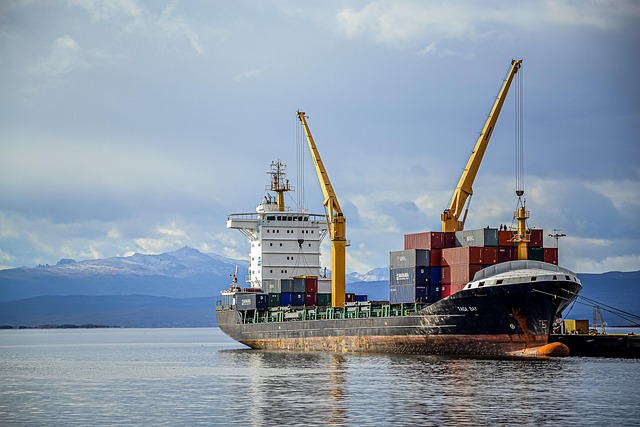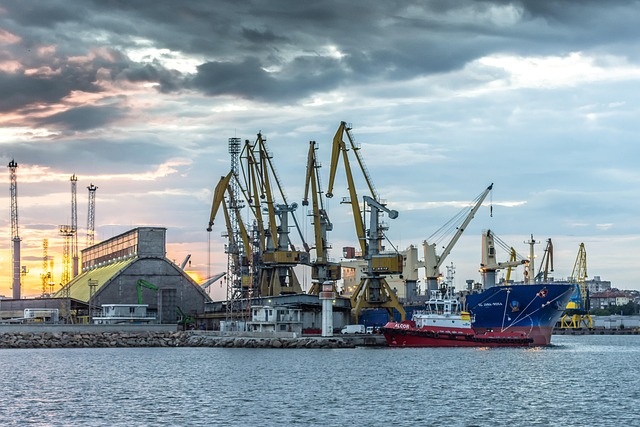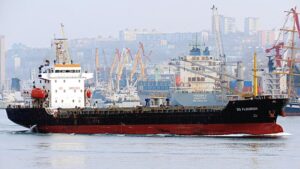Insulated containers, powered by advanced polymer foams and aerated compounds, are essential across sectors for temperature control during transportation and storage. They reduce food waste, minimize environmental impact, enhance safety, and offer significant cost savings through energy efficiency. These versatile solutions come in diverse sizes and types with customizable options from global suppliers, catering to applications like refrigerated transport, temporary storage, and modular offices. Strategic design choices maximize efficiency while custom modifications tailor containers for specific needs, making them indispensable tools across industries from food and pharmaceuticals to logistics and research.
Insulated containers are transforming industries by maintaining optimal temperatures, enhancing product freshness, and reducing waste. This article explores the multifaceted world of these efficient solutions, focusing on advanced insulation foams that deliver maximum performance. We’ll delve into the materials shaping the future of insulation, design strategies for optimal efficiency, and real-world applications across diverse sectors, showcasing the profound impact of insulated containers in today’s market.
- Understanding Insulated Containers: Their Role and Benefits
- Advanced Insulation Foams: Materials and Properties
- Maximizing Efficiency: Design Considerations for Insulated Containers
- Real-World Applications: Industries Benefiting from Insulated Technology
Understanding Insulated Containers: Their Role and Benefits

Insulated containers have emerged as indispensable assets across various industries, from food and beverage to logistics and construction. Their primary role is to maintain optimal temperatures for perishable goods or sensitive materials during transport and storage. By using advanced insulation foams, these containers offer unparalleled efficiency in heat retention or isolation, ensuring the integrity of contents.
Benefits of insulated containers are multifaceted. They help reduce food waste by prolonging shelf life, minimize environmental impact through energy-efficient operations, and enhance safety by maintaining compliance with temperature standards. For businesses, buying or renting insulated containers can lead to significant cost savings in refrigeration and storage. Custom modifications and a wide range of sizes and types available from reputable dealers make these containers versatile solutions for diverse applications, whether new, used, or leased from suppliers across the globe.
Advanced Insulation Foams: Materials and Properties

Advanced Insulation Foams for Maximum Efficiency in Insulated Containers
In the world of insulated containers, the heart of their efficiency lies in the innovative use of advanced insulation foams. These materials are meticulously engineered to provide unparalleled thermal resistance and durability, ensuring that products remain at optimal temperatures during transport or storage. The latest generation of insulation foams incorporates cutting-edge technologies, such as enhanced polymer foams and specialized aerated compounds, which significantly improve energy efficiency while reducing weight and environmental impact.
Insulated containers for sale often feature these advanced foams in their designs, catering to a diverse range of applications from refrigerated transport to temporary on-site storage. The properties of these insulations include exceptional heat retention, excellent resistance to moisture absorption, and superior mechanical strength. Moreover, many modern insulated container dealers offer options for custom modifications, allowing clients to tailor their containers to specific needs, whether it’s for cold storage, shipping, or even as modular offices. This level of customization ensures that users can maximize the benefits of advanced insulation foams in their specific use cases.
Maximizing Efficiency: Design Considerations for Insulated Containers

Maximizing efficiency in insulated containers begins with thoughtful design considerations. Key factors include strategic placement of insulation foam to optimize heat retention or cold stability, ensuring a tight seal to prevent thermal bridges, and incorporating advanced materials that offer superior performance over traditional options.
Container dimensions play a crucial role in maximizing space utilization while maintaining efficient temperature control. Choosing the right size for your specific needs – whether for transportation, storage, or on-site use – directly impacts energy efficiency and operational costs. Additionally, considering modifications like adding windows, doors, or specialized equipment can enhance functionality but must be balanced against potential compromises in insulation integrity.
Real-World Applications: Industries Benefiting from Insulated Technology

Insulated containers have found their way into various industries, revolutionizing the way perishable goods are stored and transported. From food and beverage to pharmaceutical and chemical sectors, the benefits of advanced insulation foams are evident. These technologies offer maximum efficiency in terms of temperature control, minimizing spoilage and waste, thereby reducing costs.
For instance, refrigerated insulated containers are a game-changer in the logistics industry, ensuring fresh produce remains viable during long-distance shipping. Similarly, insulated storage containers provide secure and climate-controlled spaces for sensitive materials in research facilities. Moreover, with options like custom insulated containers available, businesses can tailor solutions to specific needs, enhancing operational efficiency across sectors.
Insulated containers equipped with advanced insulation foams are transforming various industries by offering unparalleled efficiency and performance. From food and beverage transportation to pharmaceutical shipping, these containers provide a sustainable and cost-effective solution for temperature control. By understanding the benefits of insulated containers and implementing design considerations that maximize their potential, businesses can ensure product quality, reduce waste, and enhance operational effectiveness. The future of insulation technology promises even greater advancements, making insulated containers an indispensable asset across multiple sectors.
